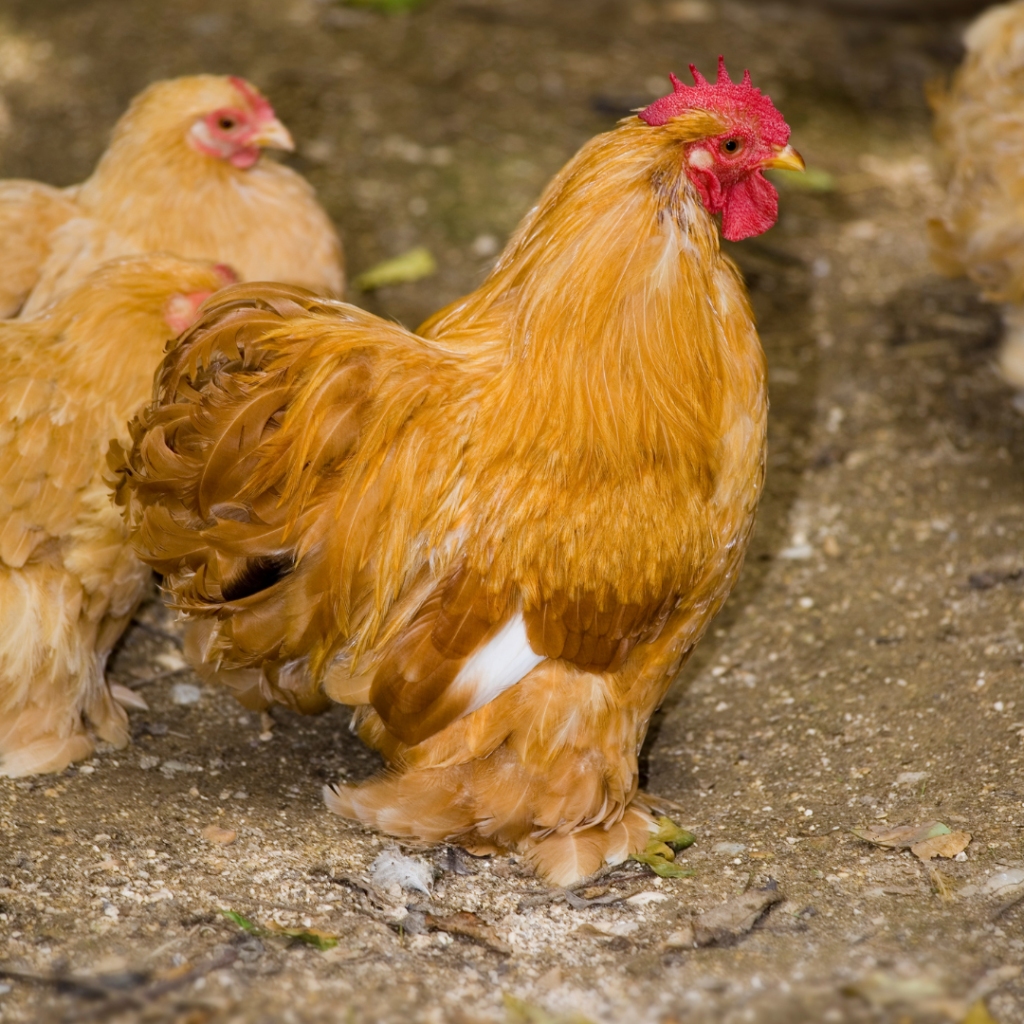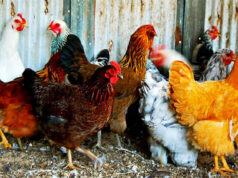Welcome to our comprehensive guide on chicken disease symptoms. This article aims to provide a detailed understanding of various diseases that can affect chickens, their symptoms, and how to manage them effectively. Whether you are a seasoned poultry farmer or a beginner, knowing the signs of illness in your flock is crucial for maintaining their health and productivity.

Why Understanding Chicken Disease Symptoms Is Important
Keeping an eye on your chickens’ health is paramount. Identifying chicken disease symptoms early can make the difference between a thriving flock and a disastrous outbreak. Early detection enables timely intervention, which can prevent the spread of diseases and potentially save your entire flock.

Common Chicken Diseases and Their Symptoms
Marek’s Disease
Marek’s disease is a highly contagious viral disease. Symptoms include paralysis, weight loss, and irregular pupils. For more details on how long this disease affects chickens, visit Marek’s Disease.
Newcastle Disease
This is another severe viral disease. Symptoms include respiratory distress, nervous signs, and a drop in egg production. This condition requires immediate attention to avoid severe losses.
Avian Influenza
Avian influenza, commonly known as bird flu, presents symptoms like respiratory distress, diarrhea, and high mortality rates. Quick isolation and appropriate measures are essential to control its spread.
Coccidiosis
Coccidiosis is caused by protozoan parasites. Symptoms include bloody diarrhea, lethargy, and reduced growth rates. Effective management involves good sanitation and proper medication.
Fowl Pox
This disease manifests in two forms: cutaneous (dry) and diphtheritic (wet). Symptoms range from scabby lesions to respiratory issues. Vaccination and maintaining hygienic conditions can help prevent it.

Respiratory Diseases in Chickens
Symptoms of Respiratory Diseases
Respiratory diseases in chickens often present through sneezing, coughing, and nasal discharge. It’s crucial to identify these signs early. For more information on specific respiratory conditions, visit Respiratory Disease.
Prevention and Treatment
Ensure good ventilation and cleanliness in coops. Use appropriate antibiotics and consult a vet for proper diagnosis and treatment.

Digestive Diseases
Identifying Digestive Issues
Watch out for symptoms like diarrhea, loss of appetite, and abnormal droppings. Visit this link for more detailed information: Digestive Diseases.
Management Practices
Provide clean water, balanced diets, and regular deworming. Early diagnosis and treatment are crucial.
Parasitic Infestations
Common Parasites
Chickens are prone to external parasites like mites and lice, and internal parasites like worms. Regular checks and maintaining hygiene can keep these at bay.
Symptoms to Look For
Look for symptoms such as feather loss, decreased egg production, and weight loss. Regular treatment and preventive measures are essential.
Prevention and Control Strategies
Biosecurity Measures
Implementing strict biosecurity measures can prevent many diseases. Keep new birds quarantined and maintain cleanliness in coops.
Vaccination
Vaccination is key to preventing several viral diseases. Ensure your chickens are vaccinated according to guidelines.
Conclusion
Understanding and identifying chicken disease symptoms is crucial for maintaining a healthy flock. Early detection and timely intervention can prevent severe losses. Educate yourself and stay vigilant to ensure your chickens thrive.
FAQs
What are the common signs of chicken diseases?
Common signs include respiratory distress, diarrhea, lethargy, and abnormal droppings.
How can I prevent diseases in my flock?
Implement strict biosecurity measures, maintain cleanliness, and ensure proper vaccination.
When should I consult a vet?
Consult a vet when you notice any abnormal behavior or symptoms in your chickens. Early intervention is crucial.
For more information on chicken breeds, visit Breed Directory
As an Amazon Associate, I earn from qualifying purchases.










